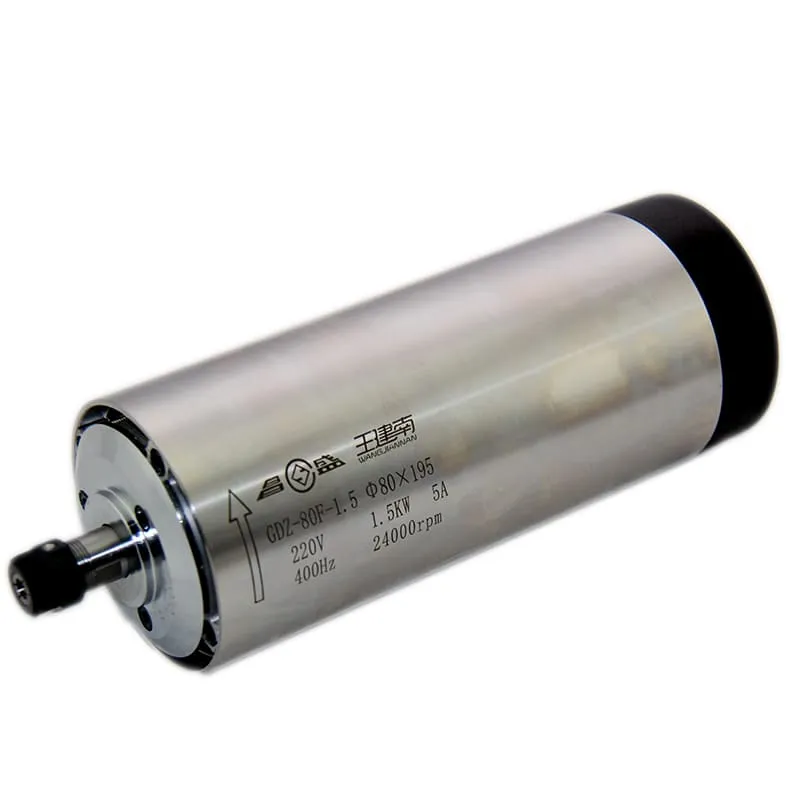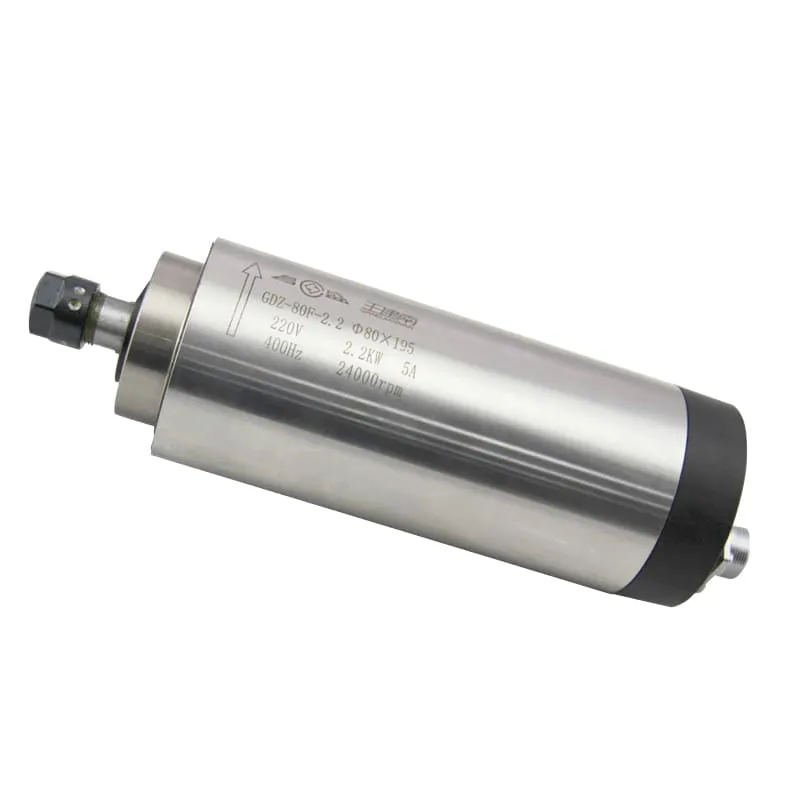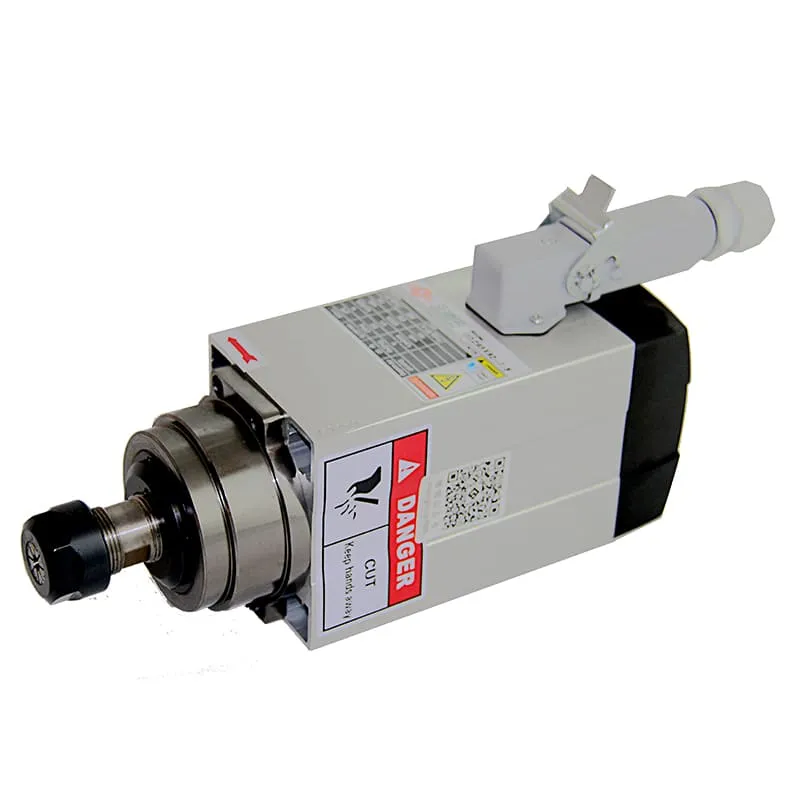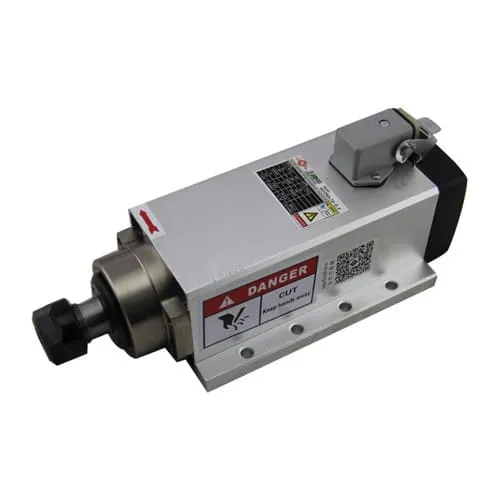How to Become a Certified CNC Operator
In today’s fast-paced manufacturing world, CNC operators play a vital role in keeping production efficient and precise. If you’ve ever wondered what it takes to become a certified CNC operator, you’re in the right place. This guide is designed to help you understand the process, the skills required, and the certifications that can set you on the path to a rewarding career as a CNC machinist or operator.
1. What is a CNC Operator?
A CNC operator, also known as a CNC machinist, is responsible for operating computer numerical control (CNC) machines—machines that perform a variety of manufacturing tasks such as drilling, milling, and cutting with utmost precision. Unlike traditional machinery, CNC machines are controlled by software, which means that operators need to understand both the mechanics of the machines and the digital instructions they follow.
Role of a CNC Operator
The role of a CNC operator includes:
- Setting up and preparing machines for production.
- Loading materials into the machine and overseeing the manufacturing process.
- Making adjustments to maintain high standards of quality.
- Troubleshooting and performing routine maintenance.
CNC operators are the backbone of modern manufacturing. They blend mechanical skills with computer literacy to create products used across many industries. This role requires both technical knowledge and hands-on experience.
Learn more about different CNC spindle motors used in the industry here 
2. Steps to Becoming a Certified CNC Operator
Becoming a certified CNC operator involves a combination of formal education, hands-on training, and certification. Here are the steps you need to take:
Step 1: Obtain a High School Diploma or GED
The first step to becoming a CNC operator is to complete high school or obtain a GED. Most employers require a high school diploma as a minimum requirement since it shows that you have the necessary basic knowledge of mathematics, science, and technical reading skills.
Subjects like mathematics, particularly geometry, trigonometry, and algebra, are crucial for understanding CNC programming. Many high schools also offer vocational courses that focus on machining and manufacturing, giving you an early taste of the industry.
Step 2: Enroll in a CNC Machining Training Program
Once you have completed high school, the next step is to enroll in a CNC machining or manufacturing technology training program. These programs are typically available at community colleges, technical schools, or vocational institutes. They provide an introduction to the fundamentals of CNC machine operation, CNC programming, blueprint reading, and manufacturing processes.
Training programs will give you hands-on experience with CNC machines, under the supervision of an experienced machinist. Many programs will even offer partnerships with local companies, allowing you to gain real-world experience while studying.
Explore different types of CNC router spindles here 
3. Certification Requirements for CNC Operators
Certification Options Available
There are several certification options available for aspiring CNC operators. The National Institute for Metalworking Skills (NIMS) is a leading certification body that offers various certifications for CNC machine operations. Certifications from NIMS are highly respected in the manufacturing industry, and they provide proof of your skills and competencies.
Benefits of Certification
Getting certified can be beneficial for several reasons:
- Increased Employability: Certifications make you more appealing to employers by demonstrating a level of competency.
- Higher Pay: Certified operators often earn higher wages compared to their non-certified peers.
- Career Advancement: Certification can also open doors for promotions and further opportunities within the field of CNC machining.
Completing a certified CNC machinist training course and passing the certification exam requires commitment and effort, but it’s well worth it for the benefits it can provide.
4. Key Skills Required for CNC Operators
4.1 Technical Skills
To succeed as a CNC operator, you will need a range of technical skills, including:
- Blueprint Reading: The ability to read and interpret blueprints or technical drawings is essential.
- Programming Knowledge: Understanding G-code—the language that CNC machines use to interpret instructions—is a vital skill.
- Tool Knowledge: Understanding the different types of tools used in CNC machining and how to apply them properly is critical to achieving quality outputs.
4.2 Soft Skills
In addition to technical skills, CNC operators need certain soft skills to succeed:
- Attention to Detail: Operating CNC machines requires careful attention to detail to ensure precision in every operation.
- Problem Solving: CNC operators must quickly identify and solve problems when they arise.
- Communication Skills: Clear communication is key when working with other machinists, supervisors, and engineers.
These skills are foundational for a successful CNC machinist job, making it important to focus not just on technical learning but on developing these soft skills as well.
5. The Importance of CNC Machinist Training
Training is an essential part of becoming a CNC machinist. You can gain the following through training:
- Experience with Different CNC Machines: CNC machining training gives you hands-on experience with a variety of CNC machines such as mills, lathes, and routers.
- Practical Knowledge: Training programs allow you to learn how to operate, maintain, and troubleshoot CNC machines in a controlled environment.
Consider enrolling in an apprenticeship program for the opportunity to work under experienced CNC machinists, gaining hands-on experience in the workplace. This practical knowledge is invaluable in preparing for a CNC machinist job.
See some of the best air-cooled spindles for CNC routers 
6. CNC Operator Certification Exams: What to Expect
Types of Certification Exams
CNC operator certification exams test your knowledge of machining processes, CNC programming, and machine operation. The exams typically include both a written component and a practical demonstration of skills.
- Written Exam: The written portion of the exam will test your understanding of the principles of CNC machining, machine setup, and safe operating procedures.
- Practical Exam: The practical portion requires you to demonstrate your ability to operate a CNC machine, read blueprints, and produce components to specified tolerances.
NIMS certifications are one of the most recognized credentials in the industry, and they require you to demonstrate both knowledge and practical machining skills to pass.
Preparation Tips
Here are some tips for passing the CNC operator certification exam:
- Practice Regularly: Hands-on practice is essential for success in CNC machining. Spend as much time as possible working with CNC machines before attempting the exam.
- Study Guides and Materials: Make use of study guides and sample test questions provided by certification bodies.
- Join Study Groups: Studying with other aspiring CNC operators can provide motivation and allow you to learn from each other.
7. CNC Operator Career Path and Opportunities
Entry-Level Roles
As an entry-level CNC operator, you will typically work under the supervision of a more experienced machinist. You will be responsible for loading materials, starting machine cycles, and monitoring the machining process.
Advancing Your Career
With experience and additional training, you can move into more advanced positions, such as:
- CNC Programmer: This role involves writing the code that CNC machines use to create parts.
- CNC Setup Technician: A setup technician is responsible for setting up the CNC machine for production runs.
- Manufacturing Supervisor: With enough experience, you could move into a supervisory role, overseeing other CNC operators and machinists.
8. Tools of the CNC Operator Trade
A CNC operator’s toolkit is filled with instruments that aid in measuring, cutting, and precision work. Common tools include:
- Calipers and Micrometers: Essential for taking precise measurements.
- End Mills and Cutters: Used for cutting and shaping the material.
- Wrenches and Allen Keys: Required for setting up and adjusting the machine.
Discover high-quality CNC machine spindles for your projects 
9. Salary Expectations and Job Outlook for CNC Operators
Current Salary Trends
The salary for CNC operators varies depending on experience, location, and certifications. On average, CNC operators earn around $40,000 to $50,000 per year, with the potential for higher earnings as you gain more experience and certifications.
Certified CNC machinists, who have additional skills and qualifications, often earn considerably more, particularly if they have experience in high-demand industries such as aerospace or automotive manufacturing.
Job Outlook
The demand for skilled CNC operators is expected to grow in the coming years. Manufacturing is increasingly relying on CNC technology, and as a result, there is a strong demand for qualified machinists who can keep up with advances in technology.
10. FAQs About Becoming a CNC Operator
1. What qualifications do you need to become a CNC operator?
To become a CNC operator, you need a high school diploma or GED, technical training in CNC operation, and ideally a certification from a recognized body such as NIMS.
2. How long does it take to become a CNC operator?
It typically takes around 12 to 24 months to become a certified CNC operator, depending on whether you pursue an apprenticeship or formal training program.
3. Is it worth getting certified as a CNC machinist?
Yes, getting certified is worth it because it increases your employability, can lead to higher wages, and provides proof of your skills and competencies.
4. What is the difference between a CNC machinist and a CNC operator?
A CNC machinist typically has more advanced skills and responsibilities than a CNC operator. Machinists often set up the machines and may be involved in programming, whereas operators focus on running the machines.
5. Can I become a CNC operator without a degree?
Yes, you can become a CNC operator without a college degree, though completing technical training or an apprenticeship is highly recommended.
Conclusion
Becoming a certified CNC operator is a rewarding journey that opens doors to a thriving industry. The blend of hands-on work, technical knowledge, and problem-solving makes it an engaging career choice. The certification process might seem rigorous, but it is a worthwhile investment in your future, providing opportunities for advancement and a promising salary. Whether you are just starting or considering a shift into CNC machining, the steps and skills outlined here will guide you toward success in this field. Now, take that first step toward your CNC career—the manufacturing industry needs your skills and passion!

